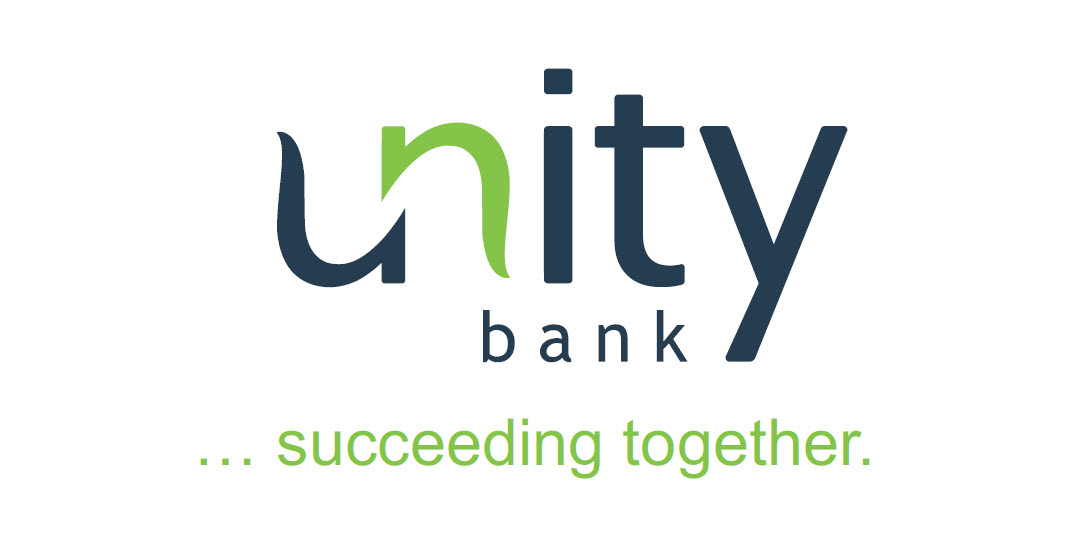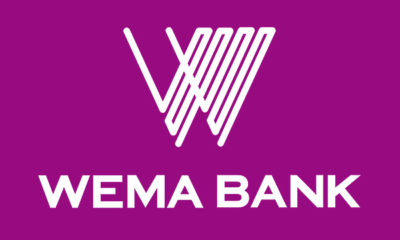Company News
Unity Bank Reports N57 Billion Gross Income in 2022
The company saw credit lose expense to the tune of N1.1 billion in 2022

Company News
Dangote Refinery Continues Price Slashing: Diesel Now at ₦940/Litre, Aviation Fuel at ₦980/Litre
Company News
MicroStrategy Rally Crushes Short Sellers, Wiping Out $1.92 Billion
Company News
Geregu Power Plc Announces N14.46bn Profit in Q1 2024
-

 Forex2 weeks ago
Forex2 weeks agoZiG to the Rescue: Zimbabwe Shifts Gear with New Currency Backed by Gold
-



 Naira2 weeks ago
Naira2 weeks agoDollar to Naira Black Market Today, April 9th, 2024
-

 Billionaire Watch2 weeks ago
Billionaire Watch2 weeks agoNigerian Billionaire Tony Elumelu Contemplates Acquiring NPFL Club
-





 Naira2 weeks ago
Naira2 weeks agoDollar to Naira Black Market Today, April 8th, 2024
-





 Naira2 weeks ago
Naira2 weeks agoNaira Hits Eight-Month High at 1,120/$ Amidst Central Bank Reforms
-





 Naira4 weeks ago
Naira4 weeks agoDollar to Naira Black Market Today, March 26th, 2024
-



 Naira6 days ago
Naira6 days agoDollar to Naira Black Market Today, April 17th, 2024
-

 Banking Sector4 weeks ago
Banking Sector4 weeks agoSafaricom, Access Holdings Forge Partnership to Revolutionize Remittance Corridor in Africa






















